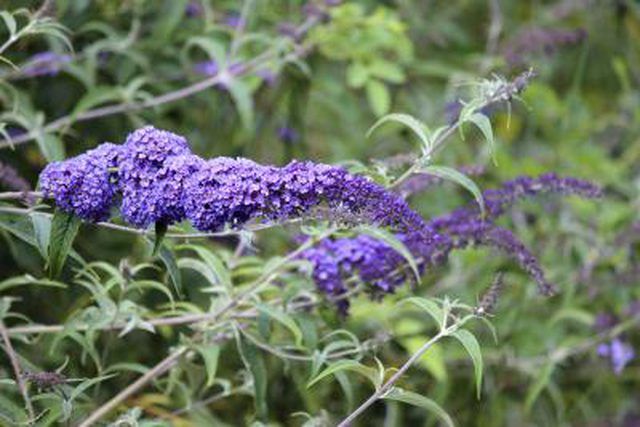Bulbs
Flower Basics
Flower Beds & Specialty Gardens
Flower Garden
Garden Furniture
Garden Gnomes
Garden Seeds
Garden Sheds
Garden Statues
Garden Tools & Supplies
Gardening Basics
Green & Organic
Groundcovers & Vines
Growing Annuals
Growing Basil
Growing Beans
Growing Berries
Growing Blueberries
Growing Cactus
Growing Corn
Growing Cotton
Growing Edibles
Growing Flowers
Growing Garlic
Growing Grapes
Growing Grass
Growing Herbs
Growing Jasmine
Growing Mint
Growing Mushrooms
Orchids
Growing Peanuts
Growing Perennials
Growing Plants
Growing Rosemary
Growing Roses
Growing Strawberries
Growing Sunflowers
Growing Thyme
Growing Tomatoes
Growing Tulips
Growing Vegetables
Herb Basics
Herb Garden
Indoor Growing
Landscaping Basics
Landscaping Patios
Landscaping Plants
Landscaping Shrubs
Landscaping Trees
Landscaping Walks & Pathways
Lawn Basics
Lawn Maintenance
Lawn Mowers
Lawn Ornaments
Lawn Planting
Lawn Tools
Outdoor Growing
Overall Landscape Planning
Pests, Weeds & Problems
Plant Basics
Rock Garden
Rose Garden
Shrubs
Soil
Specialty Gardens
Trees
Vegetable Garden
Yard Maintenance
Why a Butterfly Bush Is Turning Yellow
Why a Butterfly Bush Is Turning Yellow. Named for its butterfly-attracting blooms, butterfly bush (Buddleja davidii) foliage turns yellow naturally, and also due to overwatering, nutrient deficiency and pest attack. Hardy in U.S. Department of Agriculture plant hardiness zones 5 through 9, the butterfly bush's leaves are sage-green above and white...

Named for its butterfly-attracting blooms, butterfly bush (Buddleja davidii) foliage turns yellow naturally, and also due to overwatering, nutrient deficiency and pest attack. Hardy in U.S. Department of Agriculture plant hardiness zones 5 through 9, the butterfly bush's leaves are sage-green above and white below when healthy; the shrubs bear lilac, purple, white, pink, yellow and red fragrant summer blooms. Butterfly bush grows 6 to 12 feet tall and 4 to 15 feet wide, according to the variety, and is invasive in some areas.
Mellow Yellow
Butterfly bush foliage turns yellow naturally. A deciduous shrub, it loses its foliage as a normal part of its growth cycle, and leaves turn yellow in late summer and fall as they die and drop, until the stems are bare when winter arrives. Fallen leaves begin to mold and enrich the soil over time, so let them lie, or rake up them up and put them on a compost pile, in a recycled yard waste container or in the trash. Butterfly bush sprouts new green leaves in spring.
Drowned Roots
Overwatering kills the plant's roots and turns leaves yellow. Butterfly bush is a drought-tolerant shrub, and an established plant requires water once or twice a week only during prolonged hot, dry weather. Excessive watering makes the soil sodden and butterfly bush roots drown. The leaves turn yellow because they don't receive water or nutrients from the dead roots. Water the bush when its leaves wilt and don't recover the following morning. Soak the ground around the shrub deeply, and water again only when the soil is dry to a depth of 4 inches.
Hungry Leaves
Lack of nutrients causes butterfly bush leaves to turn yellow. The plant requires moderate fertilization through the growing season. Symptoms of nutrient deficiency include yellow leaves, early leaf drop, small leaves, poor growth and dead twigs and branches. Feed butterfly bush when new growth appears in spring. Spread a ready-to-use, slow-release, granular 12-4-8 fertilizer around the plant's base at a rate of 4 tablespoons per 4 square feet, or according to the manufacturer's instructions, avoiding the plant's stem. Reapply every three months while the shrub is actively growing.
Pest Attack
A butterfly bush suffering from spider mites or nematodes can develop yellow leaves. Spider mites cause yellow pinpricks on leaves where they feed, and nematodes attack butterfly bush roots, causing leaves to turn yellow from lack of nutrients and water. To check for spider mites, wipe a sheet of white paper over the foliage and look for moving orange specks. Growing butterfly bush in sandy soil makes it susceptible to nematodes. Fertilizer, water and a 2-inch layer of organic mulch help the shrub withstand nematode attack. Control spider mites by blasting them off with a strong jet of water from a hose, or spray a ready-to-use insecticidal soap or horticultural oil, covering all plant parts, and repeat every week as needed. Use insecticidal soap or horticultural oil on a cloudy day when temperatures are below 90 degrees Fahrenheit to prevent the sun from scorching the wet leaves. Wash your hands after using chemicals in the garden and keep children and pets out of the area until the foliage dries.